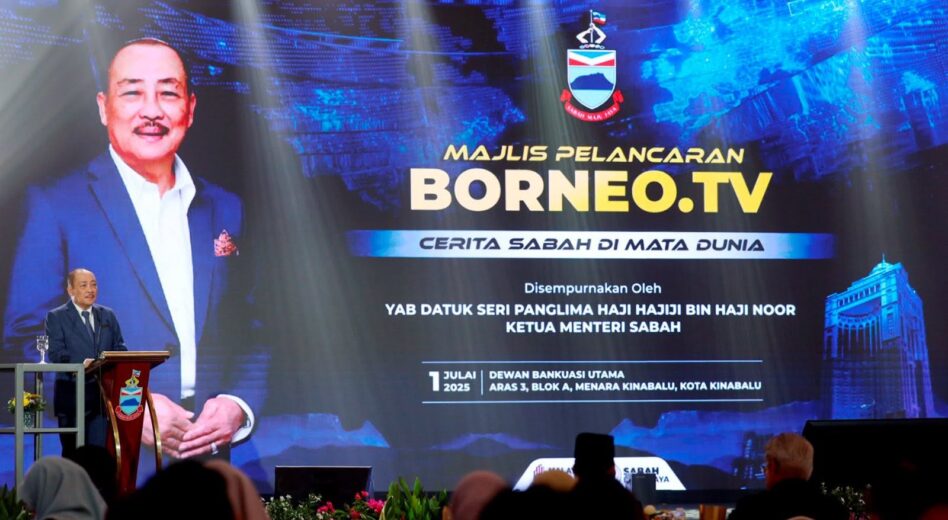PUTTING a recycling bin in the pantry doesn’t make you a green company anymore. That may have been acceptable a decade ago, but today’s workforce―particularly Gen Z—is far more discerning.
They are no longer content with symbolic gestures. When it comes to the environment, they expect substance, transparency, and accountability.
According to LinkedIn, 74% of Gen Z find it crucial to work at companies that reflect their values, and 87% are willing to switch jobs if the employer’s values do not align. They want transparency on environmental policies alongside diversity, equity, and inclusion.
And according to a 2024 Fortune.com article, Gen Z looks for employers who provide meaningful sustainability initiatives, such as reducing carbon footprints, committing to net-zero emissions, offering sustainable products, and providing sustainability training. They want these efforts embedded in company culture, not just as PR.
For many years, employers have been the ones leading the conversation during job interviews. But that dynamic is shifting.
Increasingly, Gen Z candidates are the ones asking the more profound questions: “What does this organisation stand for?” And for a growing number of them, one of the first filters is a company’s environmental stance.

Environmental responsibility can no longer be confined to an annual CSR campaign or a glossy page in a sustainability report. This generation is not simply seeking jobs—they are seeking alignment.
They want to work in spaces that reflect their values, including a sincere commitment to the planet they hope to protect.
And while these questions may not come in the form of a checklist, the audit is real. Gen Z professionals are asking how seriously companies take their environmental footprint.
They pay attention to how a business sources its materials, whether hybrid or remote work is genuinely encouraged, and whether any sustainability claims are backed by evidence.
They are not looking for perfection, but they are looking for intention. They want to see the work behind the words—the plan behind the promises.
What distinguishes this shift is not just the demand for environmental action, but the demand for consistency. To Gen Z, sustainability is not about compliance or marketing. It’s cultural.
It reflects how decisions are made, who gets involved, and whether those decisions are aligned with long-term thinking rather than short-term image.
This is why surface-level efforts—such as replacing plastic cups or holding a one-off “green day”—often fall flat.
Gen Z professionals are informed, connected, and aware of the deeper issues at stake. Performative actions are easily spotted. And once a company loses that trust, it is difficult to regain.
In my role working across both industry and academia, I’ve observed how environmental expectations are quickly becoming part of the employer brand. It’s no longer just about salaries, perks, or even work-life balance.
Increasingly, it’s also about environmental credibility. And companies that don’t keep up may find themselves struggling not only to attract talent, but to retain it.
The good news is that there is space for progress. You don’t need to have all the answers today, but you do need to be asking the right questions.
Organisations can begin by understanding their environmental footprint—energy usage, waste patterns, procurement habits—and identifying where change is both needed and possible.
Integrating sustainability into operational decisions, enabling more climate-conscious policies such as hybrid work arrangements, and engaging staff in ongoing environmental initiatives are all meaningful steps.

Equally important is the culture of inclusion. Young professionals should be given the opportunity to participate in shaping sustainability efforts, rather than simply being expected to follow them.
Progress is far more likely when employees feel they are part of the solution. And whatever the starting point, transparency matters. Admitting that there is still work to be done is not a weakness—it is often seen as a strength.
At its core, this is not about appeasing a generation. It is about evolving with the times. The environmental expectations of Gen Z reflect a broader shift in how work is perceived.
Employment is no longer just a transaction—it is an extension of identity and purpose. And businesses that understand this shift will be better positioned to lead in the future.
As we mark World Environment Day 2025, it is worth asking ourselves: What kind of workplace are we building? Is it one that future employees would be proud to join—not just because of what we do, but because of how we choose to do it?
In an age where values drive choices, where integrity is visible, and where climate action is no longer optional, the organisations that lead with purpose will also lead in performance.
Because in the end, it’s not just about attracting talent. It’s about earning their belief. ‒ June 6, 2025
The author is CEO and Founder of HESA Healthcare Recruitment Agency and serves on the Industrial Advisory Panel for the Department of Biomedical Engineering, Universiti Malaya.
The views expressed are solely of the author and do not necessarily reflect those of Focus Malaysia.
Main image: Unsplash/Julio Lopez









